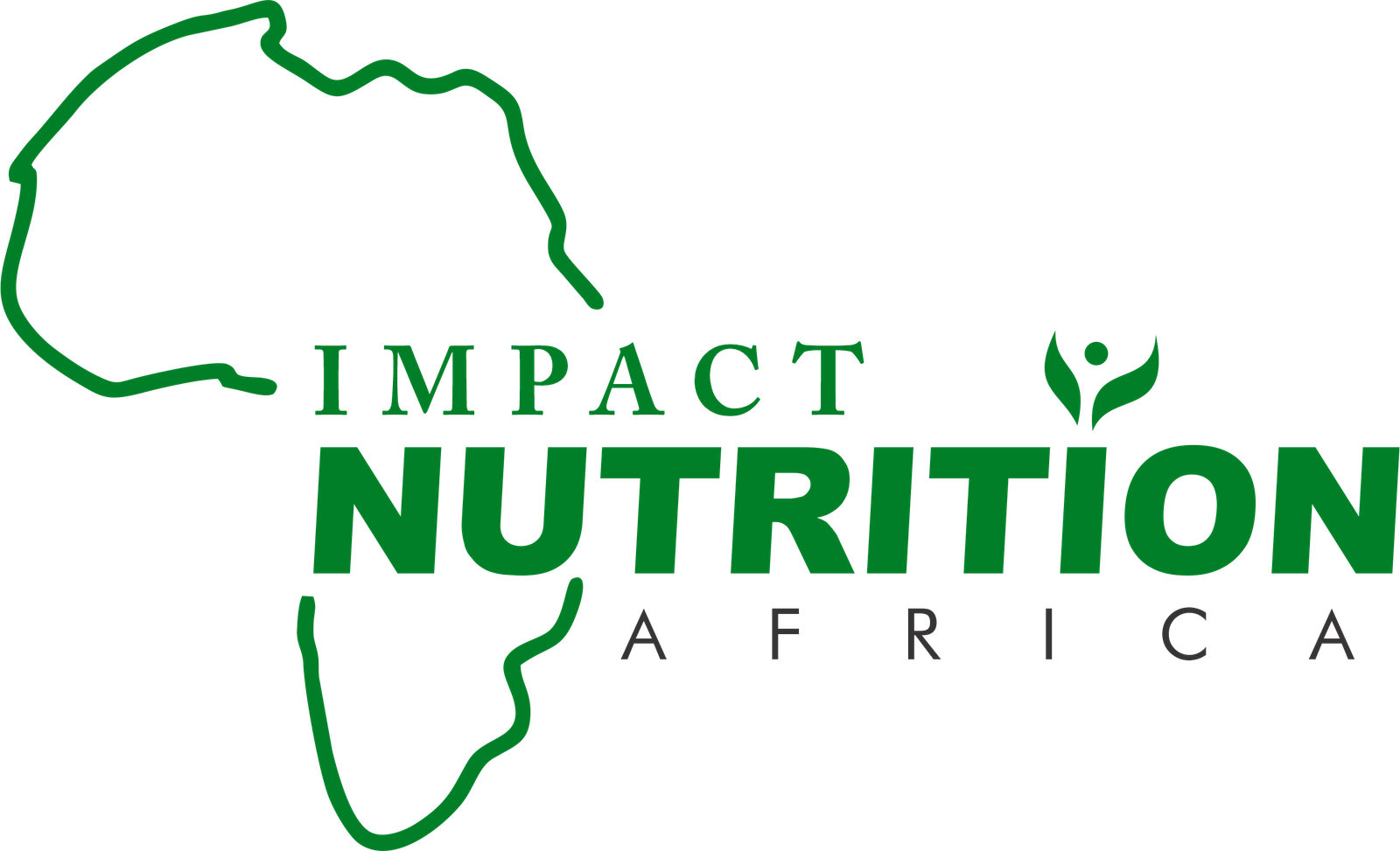

Our Priority Areas
Focused efforts for lasting impact—exploring key areas that drive better nutrition and public health across Africa.
- Home
- priority areas
Our Priority Areas
At INAI, we understand the need for specificity to ensure our resources are both effectively and efficiently used to advance nutrition in Africa. This is why we have four priority areas, which we are committing all our efforts and resources to.
1. Infant and Young Child Feeding
-
-
Good IYCF practices as recommended by the WHO and the UNICEF includes:
-
Early initiation of breastfeeding within the first hour of birth
-
Exclusive breastfeeding for the first 6 months of life
-
Continued breastfeeding up to 2 years and beyond and
-
Introduction of safe and nutritious complementary (solid) foods from 6 months.
-
Considering the huge burden of malnutrition in Africa, taking action at this early age by improving infant and young child feeding practices will go a long way at causing a shift in the norms and improving the nutritional status of children.
-
INAI recognizes this need and this is why IYCF is one of our priority areas. We are currently working on the “Makoko Malaria and Malnutrition Eradication Project (MMMEP I and II)” to help mothers with under-five children improve their child feeding practices. We are also looking to develop and implement more projects in this area.
-
Contact us if you have ideas, projects or funds to support our work.
2. Maternal Nutrition
-
Given the close relationship between IYCF and maternal nutrition, INAI’s second priority area isn’t far-fetched; Maternal Nutrition.
-
INAI is committed to improving maternal nutrition in Africa through our interventions such as our “Feed a Mouth project” and our “MMMEP I and II” projects which focuses on nutrition education, including complementary feeding demonstrations for pregnant women and women with under-five children.
-
We are also looking to develop and implement more projects in this area. Contact us if you have ideas, projects or funds to support our work.
3. Food Systems
-
According to the Food and Agriculture Organization of the United Nations (UNFAO), Food systems (FS) encompass the entire range of actors and their interlinked value-adding activities involved in the production, aggregation, processing, distribution, consumption and disposal of food products that originate from agriculture, forestry or fisheries, and parts of the broader economic, societal and natural environments in which they are embedded.
-
In simpler and clearer terms, the food system comprises all activities involved in getting food from farm to fork and its impact on health, the environment and the society. It shows the complex interactions between players along the food value chain.
-
Through advocacy, INAI works to ensure youths are engaged and included in food systems operations across each facet, including policy development and management. We are currently organizing a UN Food Systems Individual Dialogue themed, “Addressing the Food Systems Dynamics; Nigerian Youths as Frontline Actors.”
-
We are also looking to develop and implement more projects in this area. Contact us if you have ideas, projects or funds to support our work.
4. Healthy Eating Practices for all (Healthy Dietary consumption)
-
Asides the several causes of malnutrition, as illustrated by UNICEF's conceptual framework of malnutrition, eating an unhealthy diet is one of the main causes of malnutrition. Through our online nutrition education (insert hyperlink) programme across all our social media platforms, we encourage people to adopt healthy eating practices by speaking of the benefits and most importantly by suggesting practical and relatable ways to do so.
-
You can visit our social media platforms to see more by clicking here or Contact us if you have new ideas or want to support this work.
